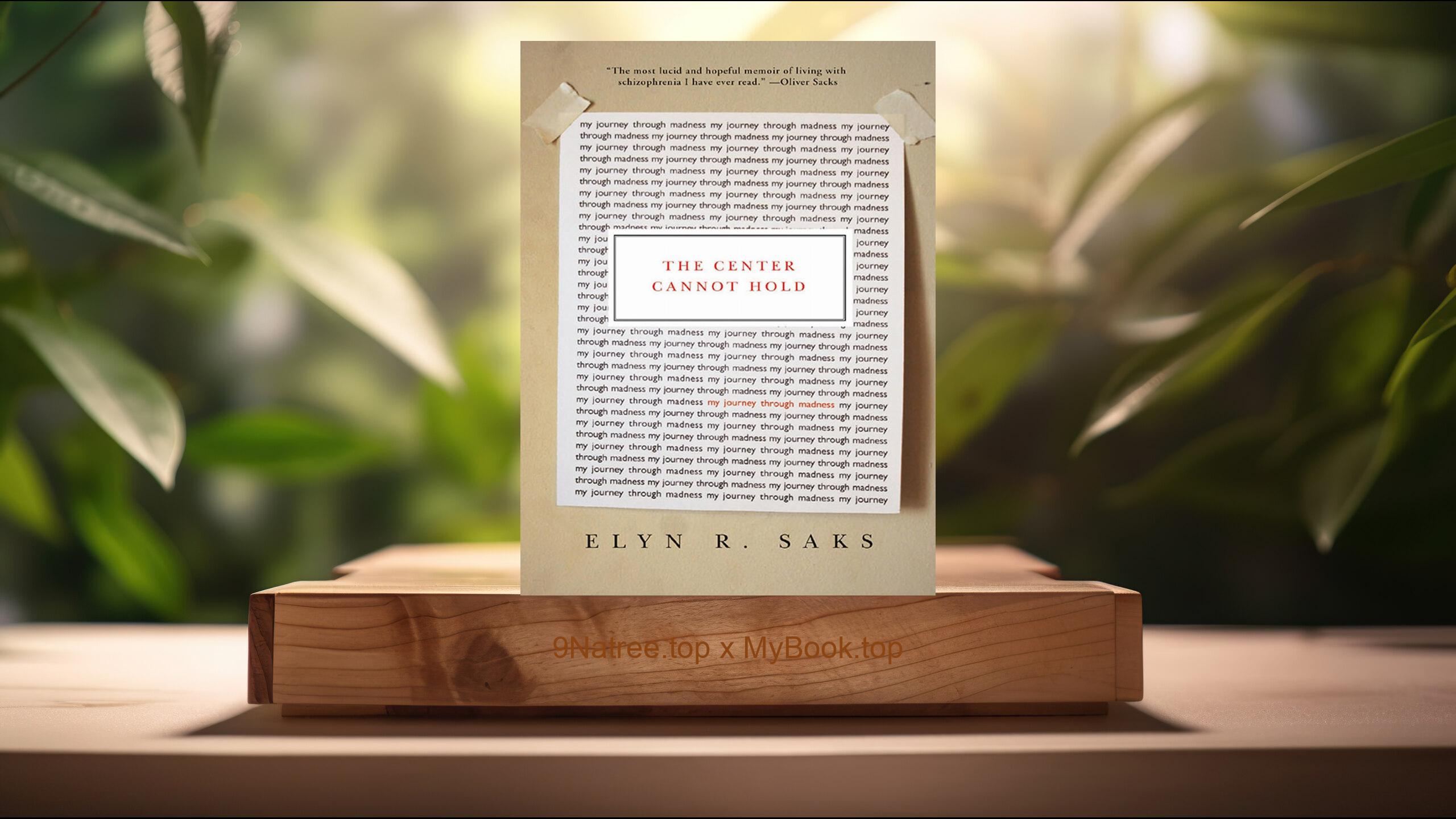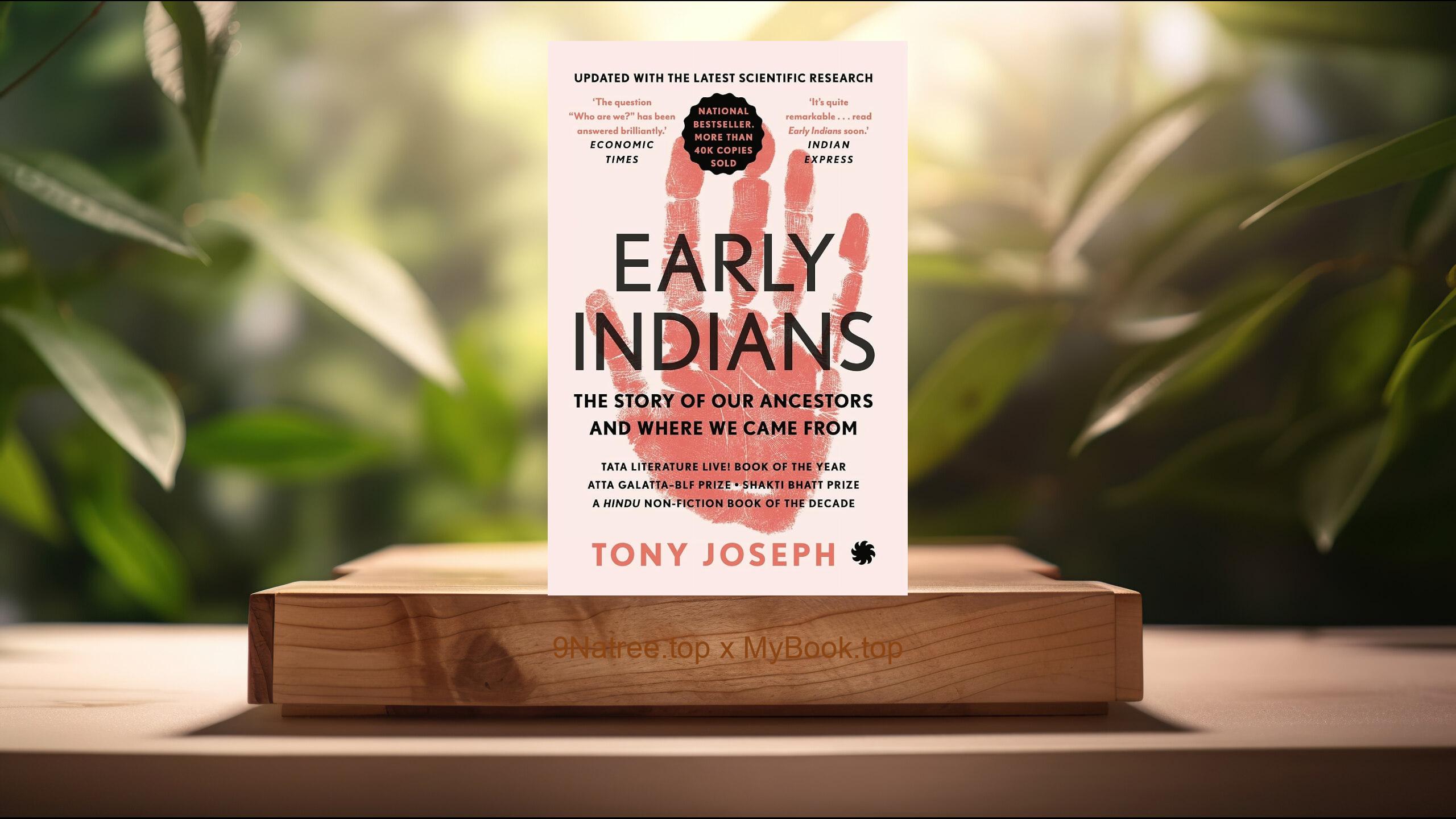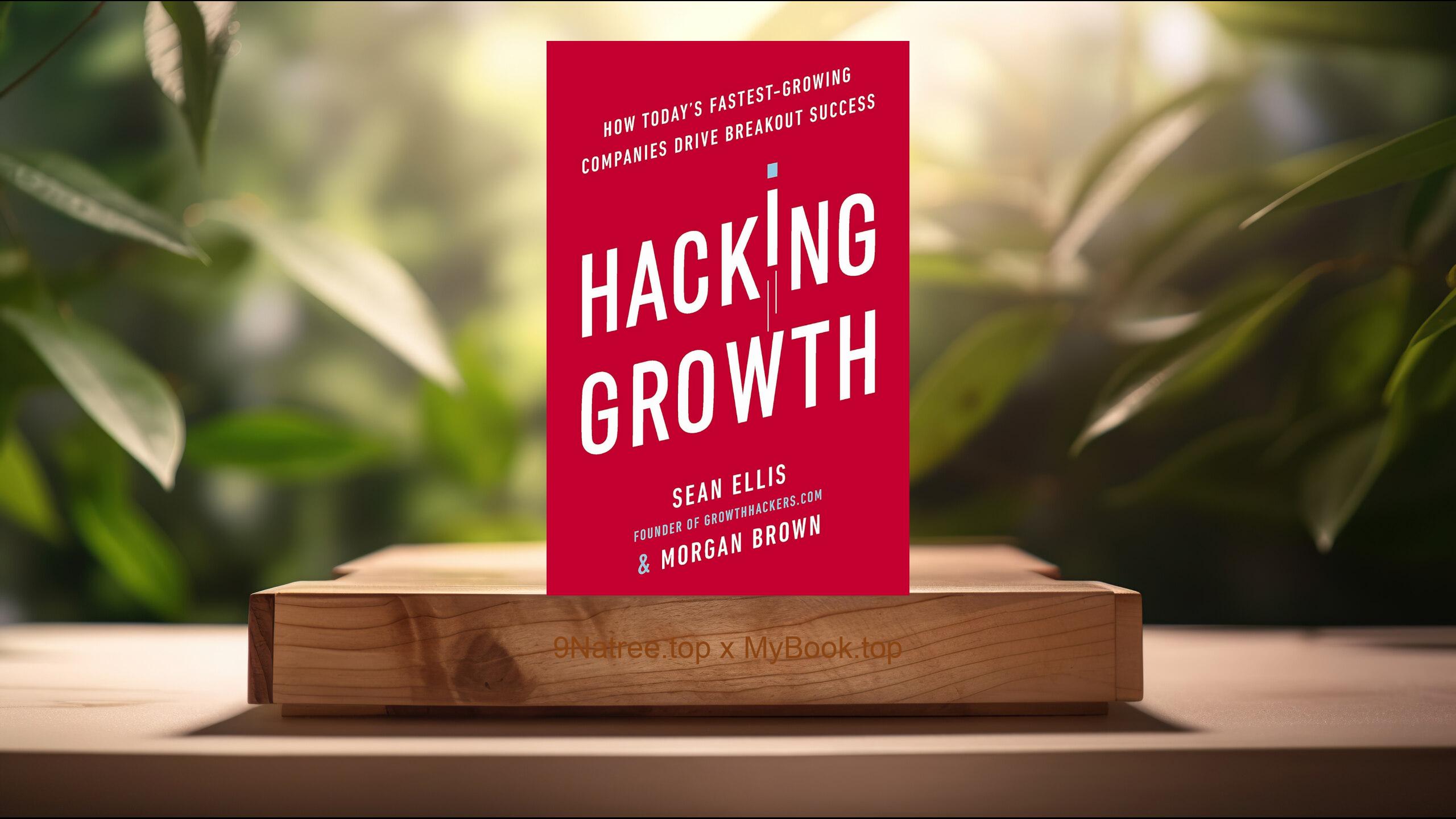Show Notes
Amazon Books: https://www.amazon.com/dp/B004FYZK52?tag=9natree-20
Apple Books: https://books.apple.com/us/audiobook/memories-dreams-reflections/id1717629390?itsct=books_box_link&itscg=30200&ls=1&at=1001l3bAw&ct=9natree
Read more: https://mybook.top/read/B004FYZK52/
#AnalyticalPsychology #CollectiveUnconscious #Individuation #ShadowSelf #SpiritualityandPsychology #CarlJung #DreamAnalysis #Psychotherapy #MemoriesDreamsReflections
These are takeaways from this book.
Firstly, Early Years and Personal Development, In ‘Memories, Dreams, Reflections’, Carl Jung delves into his early years, offering insights into how his childhood and formative experiences shaped his later theories. Jung discusses his solitary tendencies, his fascination with nature, and the early manifestations of what he would later define as encounters with the unconscious. Particularly poignant are his experiences with dreams and how they laid the groundwork for his lifelong exploration into the inner world. This section underlines the importance of personal experiences in the development of psychological theories, illustrating how Jung’s encounters with his own inner psyche served as the foundation for his innovative contributions to psychology.
Secondly, The Role of Dreams and Visions, Jung’s exploration of dreams and visions is a central theme throughout ‘Memories, Dreams, Reflections’. He shares numerous personal accounts of his dreams, emphasizing their profound impact on his theoretical work. Jung viewed dreams as direct communications from the unconscious, vital for understanding the psyche's deeper layers. This perspective was revolutionary at the time and differentiated his work from Freudian psychoanalysis. By analyzing his own dreams and those of his patients, Jung developed the concept of the collective unconscious—a shared repository of human experiences and archetypes. This section showcases how Jung’s methodical examination of dreams and visions was critical in the formulation of key psychological theories, such as the collective unconscious and archetypes.
Thirdly, Encounter with the Unconscious, Jung's self-experimentation and courageous exploration of his own unconscious mind are vividly recounted in this book. Through a period he referred to as his 'confrontation with the unconscious', Jung delved deep into his psyche, engaging with his fantasies, visions, and dreams in a way that was unprecedented for the time. This existential journey through what he termed the 'night sea journey' was both a personal crisis and a fertile period of discovery, leading to profound insights into the nature of the unconscious mind. This narrative is a compelling account of the psychological rebirth that can result from directly engaging with the unconscious, providing profound lessons on inner work and the healing potential inherent in psychological exploration.
Fourthly, The Development of Analytical Psychology, In ‘Memories, Dreams, Reflections’, Jung provides a detailed account of the divergence of his theories from Sigmund Freud's psychoanalytic theory, leading to the birth of analytical psychology. This fragmentation was rooted in philosophical differences regarding the nature of the unconscious and the role of sexual trauma in psychological development. Jung’s theory of the collective unconscious, his emphasis on the therapeutic importance of integrating the shadow self, and the concept of individuation are all outlined within the narrative. This section provides a comprehensive understanding of how Jung’s personal and professional experiences influenced the evolution of analytical psychology, highlighting its significance in treating mental health issues by focusing on the balance between the conscious and unconscious parts of the mind.
Lastly, Spirituality and Psychology, Jung’s exploration of the interplay between spirituality and psychology forms a crucial aspect of ‘Memories, Dreams, Reflections’. Throughout his life, Jung was deeply engaged with spiritual concepts and practices, which he saw as fundamentally interwoven with psychological processes. He was particularly interested in Eastern philosophies, alchemy, Gnosticism, and the symbolic interpretation of religious texts, which he considered important for understanding the human psyche. This section underscores Jung’s belief in the importance of spiritual exploration for achieving psychological wholeness and individuation. His work opens a dialogue on the necessity of acknowledging and integrating spiritual experiences within the framework of psychological theory and practice.
In conclusion, ‘Memories, Dreams, Reflections’ by Carl Gustav Jung is a seminal work that offers profound insights into the life and mind of one of psychology's most influential figures. Its unguarded exploration into Jung's personal journey, experiences, and the development of his theories provides invaluable perspectives on the inner workings of the human psyche. This book is essential reading for psychologists, therapists, and anyone interested in the complexities of the human mind. Furthermore, individuals seeking a deeper understanding of their own inner experiences, dreams, and visions may find Jung’s exploration of the unconscious particularly enlightening. Jung’s emphasis on the integration of the shadow self, the importance of individuation, and the connection between spirituality and psychology provide a comprehensive framework for personal development and self-realization. The unique blend of autobiography, psychology, and spirituality makes this book a timeless guide for navigating the depths of the human soul.
![[Review] Memories, Dreams, Reflections (Carl Gustav Jung) Summarized](https://episodes.castos.com/660078c6833215-59505987/images/1751959/c1a-085k3-mq86j1mda5m9-ywiogs.jpg)




